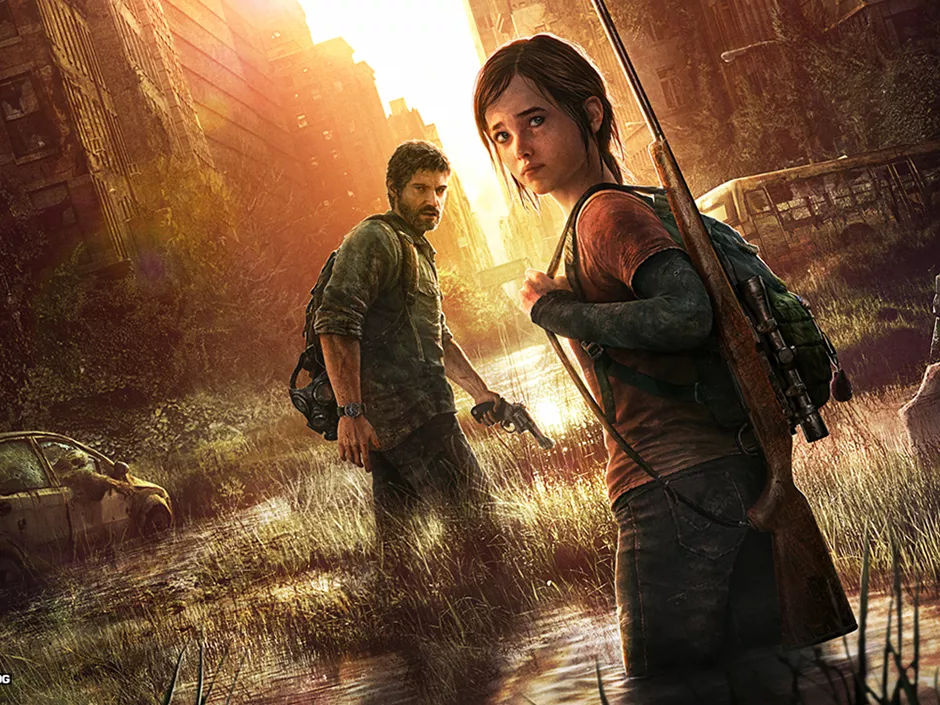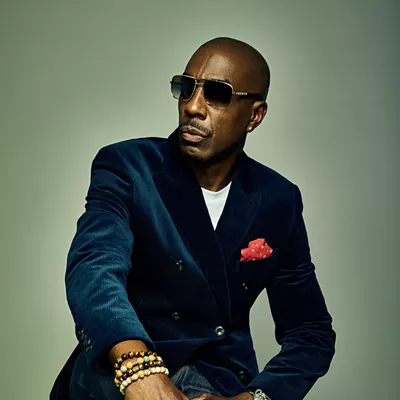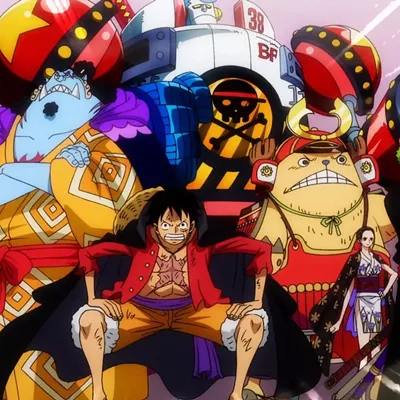The Last of Us is an opus that will make even the most hardened PlayStation users grab a tissue and dab the tears of a game well-made. Our main hero, Joel, travels across a zombie-riddled America on a Cormac McCarthyesque journey to deliver a young girl to safety. The results are very “hug your little sister because you realize how much you love her.”
But we gamers hate feeling emotion, which is why I turned to criticizing the game instead of actually getting swept up in the story. The first trivial annoyance is that the zombies are the result of a fungal infection. As a plot device, that’s very… meh. Also, game developers need to get over how cool evil plants look when they’re crawling like ivy of death on the weathered remains of civilization. We’ve seen this way too often, even recently in Resistance 3.
Speaking of Resistance 3, and pretty much any other third-person adventure game, I’m getting awfully tired of my protagonist always being a 6-foot-5-inch, rugged male with a stunning jawline. If you line up the main characters from Resistance, Uncharted and The Last of Us you’re going to see carbon copies of this same tall dude with well-defined shoulder muscles.
This Perfect Videogame Protagonist Man has always suffered the tragic loss of a family member or friend at the beginning of the game’s main conflict. That loss always fuels a man-of-little-words, rough-around-the-edges demeanor that’s not only hyper-masculine, but incredibly sexy — sexy in that every male in America apparently wants to be him.
If videogames are trying to be the new novels of this century (which they are), they have to start embracing the tenets of literature. Games already have complex plots and narrative qualities. But somewhere, there is a Dr. Frank N. Furter of gaming. Each time a new game comes out, he goes back to the Rocky Horror of videogames and makes a copy… and he needs to stop.
















